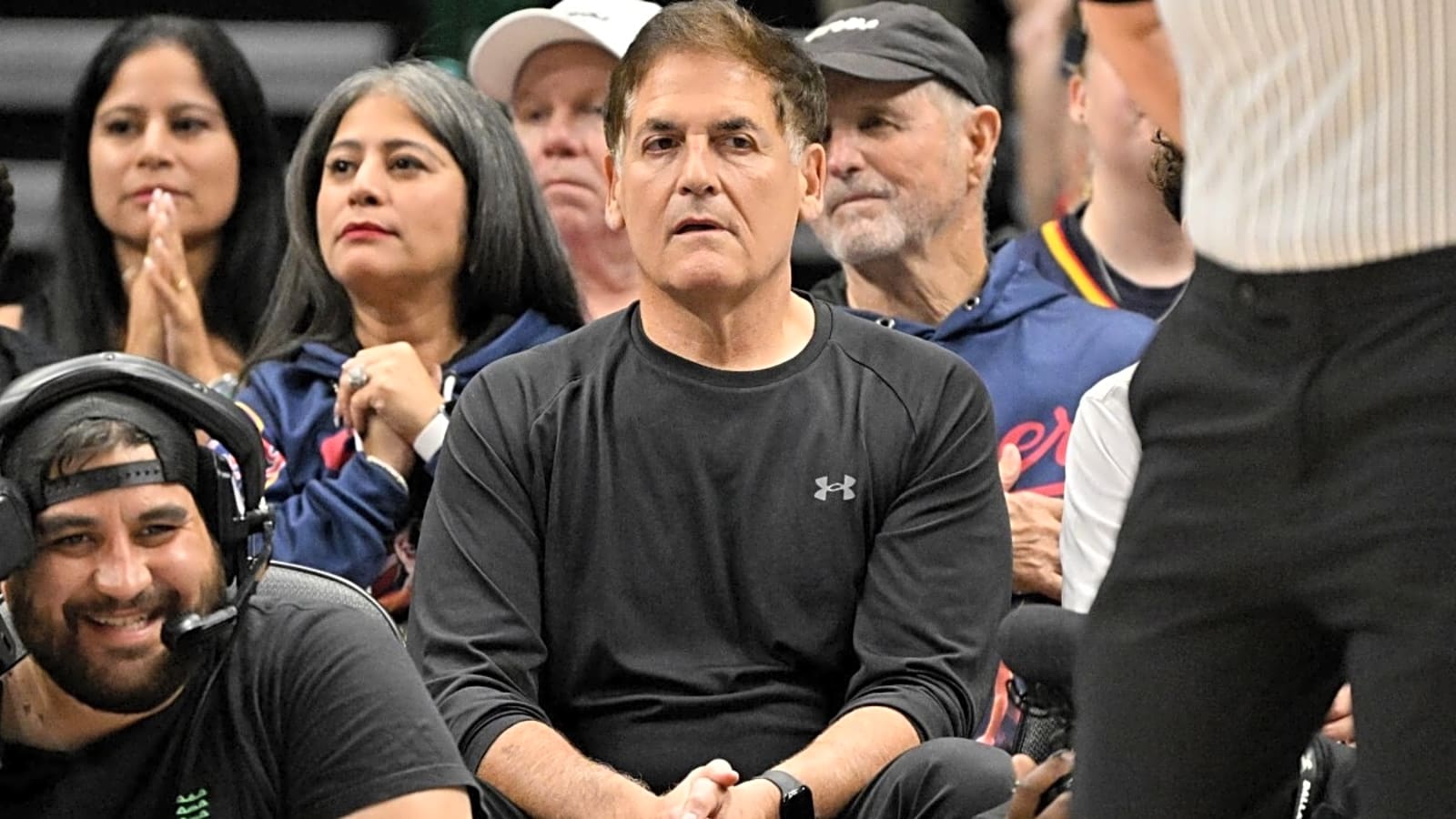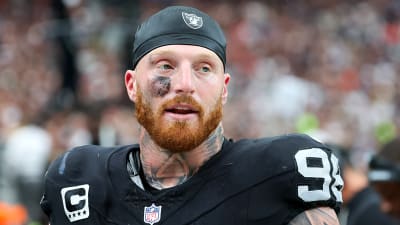
When Mark Cuban sold the majority stake of the Dallas Mavericks to Miriam Adelson and her family in late 2023 for roughly $3.5 billion, the news sent shockwaves across the NBA. What softened the blow for Mavs fans at the time was Cuban’s assurance that he wasn’t going anywhere.
The billionaire insisted he still owned a minority stake and would retain full control of basketball operations. It was billed as one of the most unusual setups in NBA history: Cuban pocketing billions while still steering the team he had run since 2000.
But nearly two years later, insiders are clarifying that the story Cuban sold wasn’t entirely accurate. In fact, his actual role looks far smaller than originally thought.
On The Hoop Collective podcast, ESPN’s Tim MacMahon shed light on what Cuban’s contract actually said—and what it didn’t.
“Mark Cuban was telling everybody who would listen that was the case, but it was not in the actual contract. And then Cuban’s claim was that there was language that the NBA made them remove from the contract."
"And again, I’m told the language that was removed from the contract was just that Cuban was allowed to sit in on all basketball operations meetings, not that he was in charge.”
In other words, Cuban could listen in, but he could not dictate decisions.
Fellow ESPN insider Tim Bontemps confirmed the sentiment, noting that Cuban’s supposed role as basketball czar was overstated from the beginning.
“I heard from the beginning the idea that Mark Cuban was going to be running the team going forward was never accurate."
That helps explain the shocking trade that rocked Dallas earlier this year: Luka Doncic’s blockbuster move to the Los Angeles Lakers. Cuban, famously protective of Doncic, even joking that he would “divorce his wife before trading Luka”, was reportedly blindsided when the deal went down.
If Cuban truly still held operational control, that trade never would have happened.
The clarification raises an obvious question: who spends $3.5 billion to buy a team only to let someone else make the basketball decisions?
The Adelson family clearly intended to control both the business and basketball sides, leaving Cuban in more of an advisory and ceremonial role. His decades-long run as the hands-on owner who could override coaches and GMs is over.
For Cuban, who once sat courtside berating referees and openly negotiating trades in public, the adjustment has been jarring. Fans accustomed to Cuban as the loudest voice in the room now have to accept that he is no longer calling the shots in Dallas.
Dallas now moves forward with Anthony Davis and rookie sensation Cooper Flagg as the franchise cornerstones instead of Doncic. That roster pivot signaled the Adelsons were willing to chart a completely new course, even at the expense of Cuban’s vision.
While Cuban is still technically part of ownership, his actual influence looks closer to that of a consultant than a president of basketball operations. He may sit in on meetings, offer his perspective, and maintain his courtside presence, but the final word rests elsewhere.
The myth of Cuban still running the Mavericks has officially been put to rest. What’s left is a reminder that, in today’s NBA, even one of the most powerful owners of the last two decades is not immune to being phased out once the money changes hands.
More must-reads:
- 'Vibes' around LeBron James concerning for Lakers
- Victor Wembanyama is finally operating like the giant he is
- The 'Most 2,000-point NBA seasons' quiz
Breaking News
Trending News
Customize Your Newsletter
 +
+
Get the latest news and rumors, customized to your favorite sports and teams. Emailed daily. Always free!








